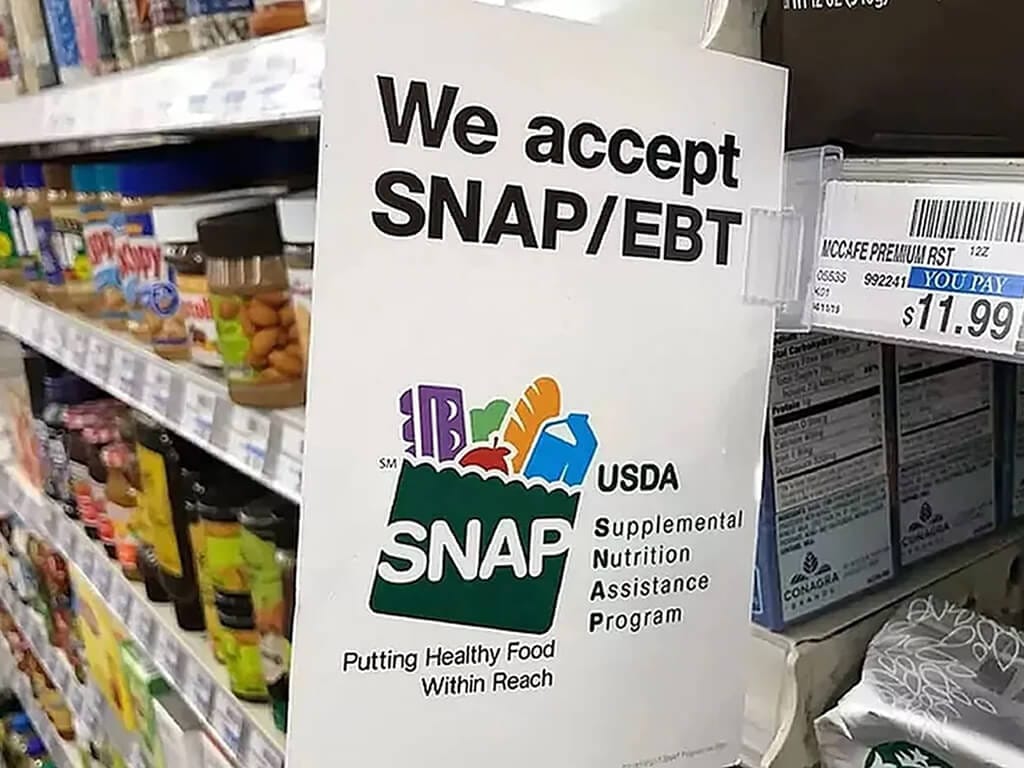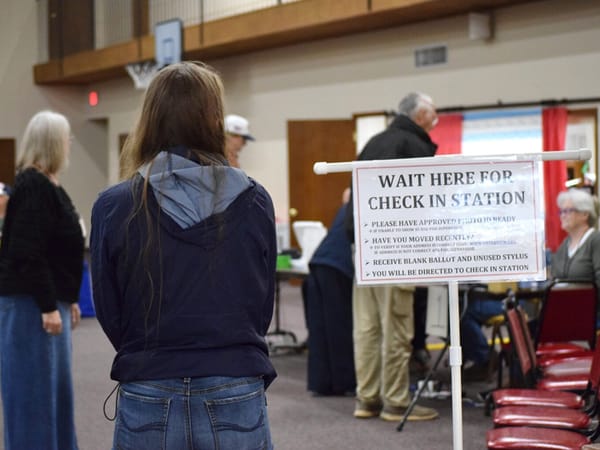As SNAP Fraud Rises, Vulnerable Arkansas Families Bear the Brunt
SNAP fraud is rising in Arkansas, draining EBT accounts and leaving families without food as outdated systems and policy gaps expose the vulnerable.

Electronic Benefit Transfer (EBT) and Supplemental Nutrition Assistance Program (SNAP) fraud is climbing across the United States, with annual losses now estimated at $4.7 billion. Arkansas, where 7.8 percent of the population relies on SNAP, has not been spared.
Last weekend, families across the state discovered their EBT accounts had been drained, leaving some with only a few cents and unable to afford even basic groceries. The crisis has been compounded by a federal decision not to extend reimbursement protections for thefts occurring after December 20, 2024. For many households, this means the stolen funds are gone for good, with no path to recovery.
How Fraudsters Are Exploiting the System
Much of the fraud involves cloned EBT cards, often created using skimming devices placed on ATMs or retail point-of-sale terminals. Outdated card technology and the lack of real-time fraud detection have made the system an easy target for criminals.
Scams that involve tricking recipients into sharing their PINs also remain a persistent problem. While advocates have called for stronger safeguards, government focus has largely shifted toward reducing payouts and tightening eligibility requirements. Officials argue these measures ensure assistance reaches only those who truly qualify, but critics say the approach risks leaving already vulnerable families even more exposed.
Steps Recipients Can Take
Authorities are urging SNAP recipients to take extra precautions to protect their benefits. They stress the importance of keeping EBT PINs strictly private and never sharing them outside the household. When entering a PIN at a card reader, recipients should cover the keypad to prevent hidden cameras from capturing it.
Regular account monitoring is also critical. Any suspicious or unauthorized charges should prompt an immediate PIN change. Recipients are encouraged to carefully inspect ATMs and point-of-sale machines for unusual or bulky attachments that may signal the presence of skimming devices. If a machine appears tampered with, it should be avoided altogether.
Officials further emphasize that the Department of Human Services (DHS) will never request PINs or account details by email, text message, or social media. Anyone who suspects fraud or needs assistance is advised to call the EBT Customer Service line at 1-800-997-9999.
Broader Implications for Arkansas Families
Food banks across Arkansas have stepped in to support families left without benefits, often large households with many children. Yet critics warn that charitable efforts cannot resolve the scale of the crisis. They emphasize that this is more than a financial setback, it is a broader societal issue. Families living on low incomes and relying on SNAP are being struck from both sides: targeted by criminals who exploit outdated systems and pressured by policies that weaken the safety net. For many, the outcome is an even harder struggle to meet the most basic needs of daily life.





